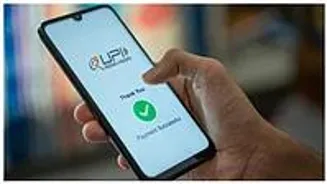Key Highlights:
- RBI Governor says UPI has real costs, and someone must pay
- ICICI Bank introduces UPI charges for Payment Aggregators from August 1
- UPI now leads globally, handling over 640 million transactions
daily
Mumbai: After the RBI Monetary Policy Committee (MPC) meeting, Governor Malhotra addressed the media and made a key statement about UPI (Unified Payment Interface).
He clarified that while UPI has been free for users till now, it doesn’t mean it will stay that way forever.
“I never claimed UPI would always be free,” Malhotra said. “There are real costs in processing these transactions, and someone has to pay.”
He further added that it doesn’t matter who pays — users, banks, or businesses — but the costs must be covered for the system to survive in the long run.
UPI’s Massive Growth Story
UPI has become one of the biggest digital payment systems not just in India, but across the world.
According to a recent IMF report, titled Growing Retail Digital Payments: The Value of Interoperability, UPI is now:
- Handling 85 percent of India’s digital payments
- Powering nearly 60 percent of global real-time transactions
- Processing 640+ million transactions every day
In June 2025 alone, UPI recorded 18.39 billion transactions, worth Rs 24 lakh crore — a 32 percent increase compared to June 2024.
Are Free UPI Transactions Ending?
Governor Malhotra’s comments come amid rising signs that the free UPI model might change.
According to an ET Wealth Online report, ICICI Bank has started charging Payment Aggregators (PAs) for processing UPI transactions, effective August 1, 2025.
Although the bank hasn't made an official public announcement, sources said the new charges were shared with PAs in June.
This move is seen as a signal that more banks or service providers might follow, eventually leading to UPI fees being passed to users — either partially or in full.
What This Means for You?
While UPI remains free for most users right now, that could change in the future. If banks or platforms start charging businesses or apps, it could eventually lead to some costs being passed to the customer.
However, no final decision has been announced yet by RBI or the government on charging individuals for using UPI directly.















